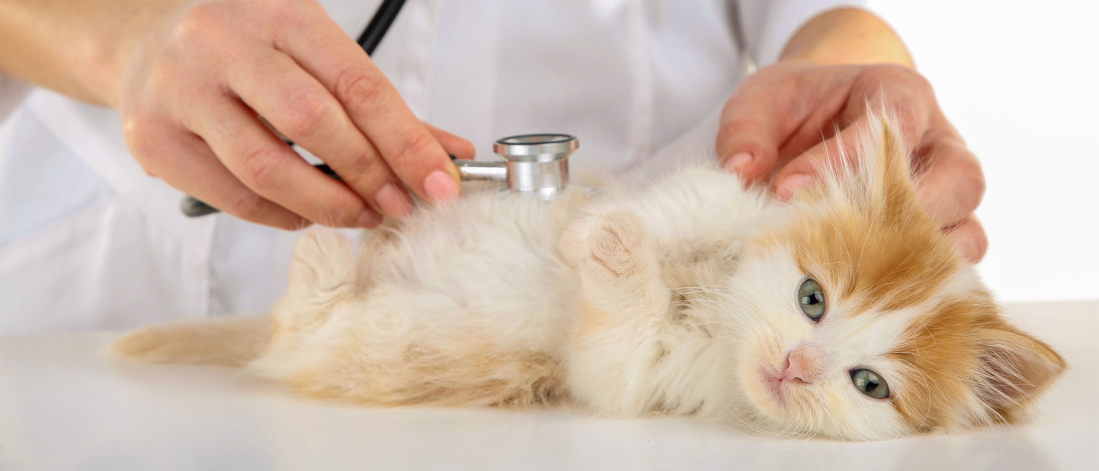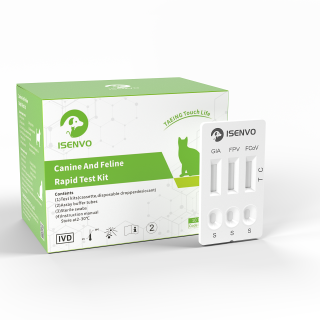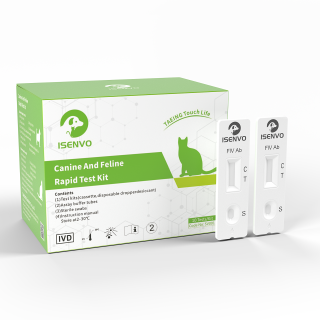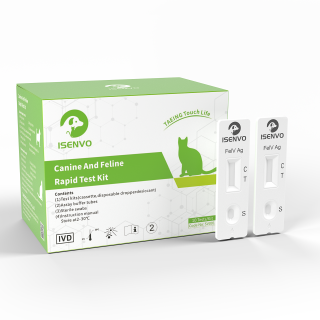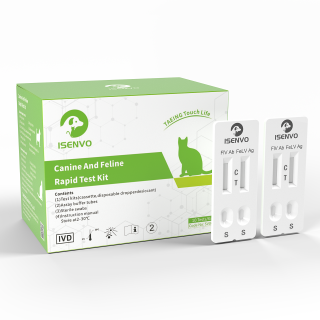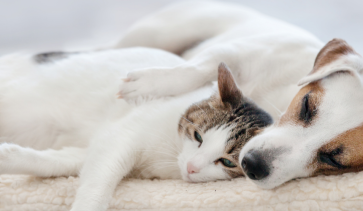In the world of pets, there is a potential health threat that is often overlooked by pet owners - Feline Immunodeficiency Virus (FIV), commonly known as cat immunodeficiency virus. As a pet owner, understanding FIV is crucial for safeguarding the health of your beloved furry companion.
What is FIV?
FIV is a retrovirus that primarily infects feline species. It shares structural similarities with the human HIV virus but is highly species-specific, meaning it does not cross-infect humans. Belonging to the lentivirus family, FIV has a long and slow progression after entering a cat's body. The main routes of FIV transmission include: first, through severe bites during fights between cats, where the virus can enter the wound through the infected cat's saliva; second, from mother to kitten, although this method of transmission is relatively rare; and third, through shared food bowls, although the probability of this transmission route is low.
Hazards of FIV to Pets
1. Compromised Immune System
The most direct harm of FIV to cats is the destruction of their immune system. After infection, the virus attacks the cat's lymphocytes (CD4+ and CD8+), which are vital components of the immune system responsible for recognizing and fighting off various pathogens. As the virus replicates and spreads, the number of lymphocytes gradually decreases, leading to a decline in immune system function. In the early stages of infection, cats may not exhibit obvious symptoms, making it difficult for many owners to detect. However, over time, the cat's immune system becomes severely weakened and unable to effectively resist the invasion of external pathogens.
2. Frequent Secondary Infections
Due to an impaired immune system, FIV-infected cats are more prone to various secondary infections. These infections can be caused by bacteria, viruses, protozoa, and fungi. Under normal circumstances, a cat's immune system can easily deal with these pathogens, but for FIV-infected cats, they can lead to serious diseases. For example, cats may develop upper respiratory tract infections, characterized by coughing, sneezing, and a runny nose; stomatitis is also a common secondary infection, causing oral pain, drooling, and loss of appetite; skin problems such as rashes and pustules may also occur.
3. Increased Risk of Tumors
FIV infection also increases the risk of tumors in cats. Typical cases include B-cell lymphoblastic lymphoma in the intestines, abdominal lymph nodes, or kidneys. According to research, FIV-infected cats are six times more likely to develop leukemia/lymphoma than non-infected cats. The presence of tumors further affects the cat's physical health, leading to symptoms such as weight loss, anemia, and difficulty breathing, which can seriously threaten the cat's life.
4. Chronic Diseases
In addition to an increased risk of secondary infections and tumors, FIV-infected cats may also suffer from various chronic diseases. For example, oral inflammation and severe dental problems, known as gingivostomatitis, are common in FIV-infected cats. These chronic diseases can cause long-term pain for cats and affect their quality of life. Additionally, cats may experience symptoms such as weight loss, seizures, behavioral changes, and neurological disorders.
Prevention and Treatment
Prevention Measures
Preventing FIV infection is of utmost importance. Firstly, it is recommended to keep indoor cats from going outside and avoid contact with stray cats, as the infection rate of FIV is relatively high among stray cats. Secondly, for unneutered cats, timely neutering surgery can reduce fighting behavior among cats over territory and mates, thereby lowering the risk of FIV infection. Furthermore, regular veterinary check-ups and FIV testing are essential to detect and treat infections promptly.
Treatment Methods
Currently, there is no cure for FIV, but through proper treatment and management, the survival period of cats can be extended and their quality of life improved. The main goal of treatment is to control secondary infections and alleviate clinical symptoms. Veterinarians will develop personalized treatment plans based on the cat's specific condition, which may include the use of antibiotics, antiviral drugs, and immune boosters. Additionally, owners need to provide their cats with a balanced diet to ensure they consume sufficient nutrients and strengthen their immunity. Regular follow-up visits to the veterinarian to adjust the treatment plan as needed are also crucial.
FIV, as a virus that poses a serious threat to cat health, requires adequate attention from pet owners. By understanding the transmission routes and hazards of FIV, adopting effective preventive measures, and providing timely treatment and management, we can create a healthy and safe living environment for our beloved pets, allowing them to accompany us for a longer time.

